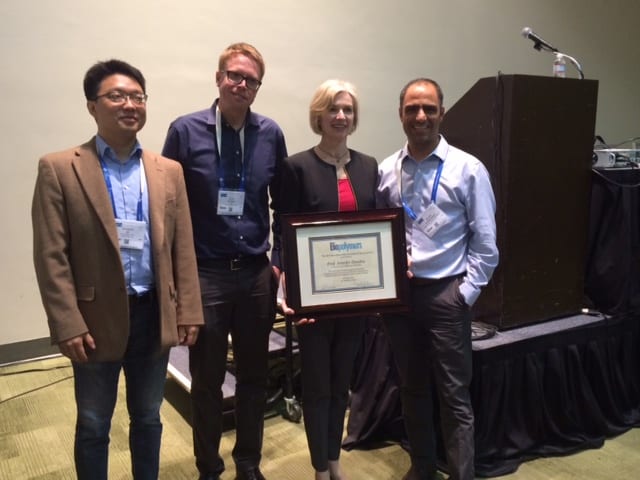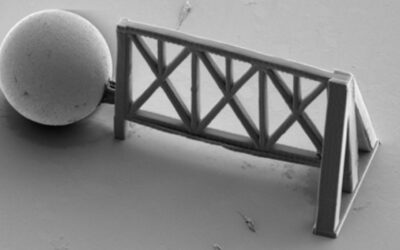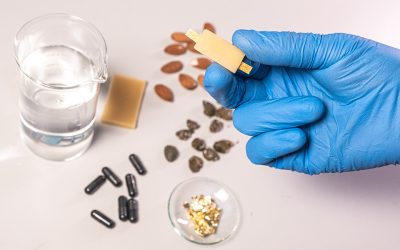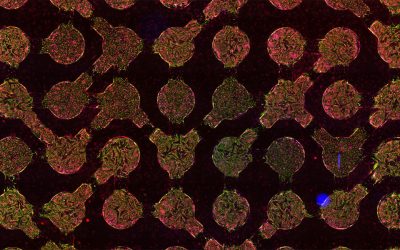The 4th Biopolymers Murray Goodman Memorial Prize was awarded at the 2017 Spring ACS meeting in San Francisco to Jennifer A. Doudna.
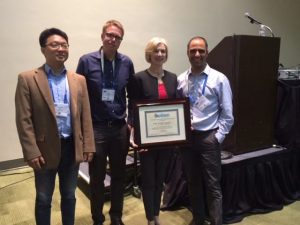
Lei Stanley Qi, Luke Gilbert, Jennifer A. Doudna and Blake Wiedenheft.
Recognizing outstanding accomplishments in one or more areas of biochemistry, biophysical chemistry, biophysics, and/or chemical biology, the Prize was awarded for Jennifer’s seminal research on determining how non-coding RNAs function in living systems. Her work was honoured with a symposium in association with the ACS Division of Biological Chemistry (BIOL).
Holding Professorships at the University of California, Berkeley, the Howard Hughes Medical Institute and Lawrence Berkeley National Lab, Jennifer has performed pioneering studies on the biochemistry, structural biology and biophysics of CRISPR (clustered regularly interspaced short palindromic repeats) systems. Along the way, she has trained and inspired a great number of scientists, three of whom took to the floor early in the afternoon to present their own outstanding work stimulated by their time working with Jennifer.
Insights into the ability of CRISPR systems to recognize and eliminate invading viral genomes, a process core to CRISPR mediated adaptive immunity were described by Blake Wiedenheft (Montana State University). Luke Gilbert (University of California, San Francisco) spoke on how CRISPR can be repurposed as a tool for turning gene expression on or off in human cells and described the application of this method to studying new anti-cancer drugs. CRISPR systems that can precisely target many genes at the same time were described by Lei Stanley Qi (Stanford University). His talk also illustrated how the technology can be used in regenerative medicine in diseases such as osteoporosis.
In the final lecture of the day, Jennifer highlighted the molecular mechanisms of adaptive immunity in bacteria and spoke in depth on the mechanisms by which CRISPR systems incorporate new viral DNA sequences to protect bacteria from subsequent viral infections. This CRISPR process of capturing foreign DNA and incorporating the information into a CRISPR system is key for adaptive immunity in bacteria.
Importantly, Jennifer also shared her views on why scientists must be part of the conversation with the public, politicians and ethicists on how genome editing tools should be used in biotechnology, genetically modified organisms and as a new type of medicine for human disease.
Congratulations to Jennifer on a well-deserved award!
Text written in conjunction with Professor Luke Gilbert (University of California, San Francisco, U.S.A.).

